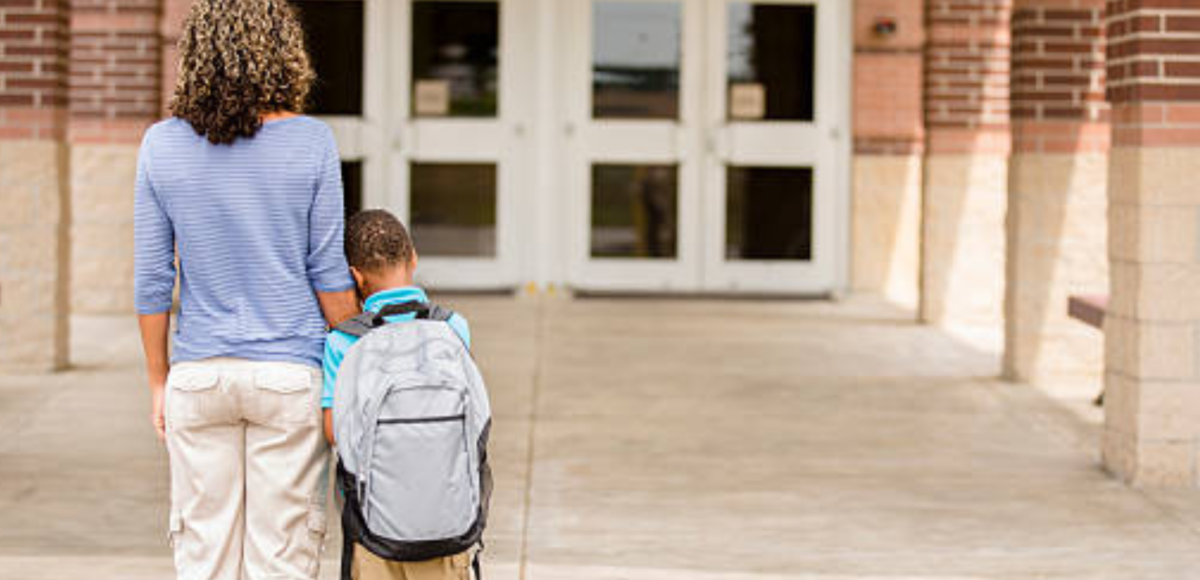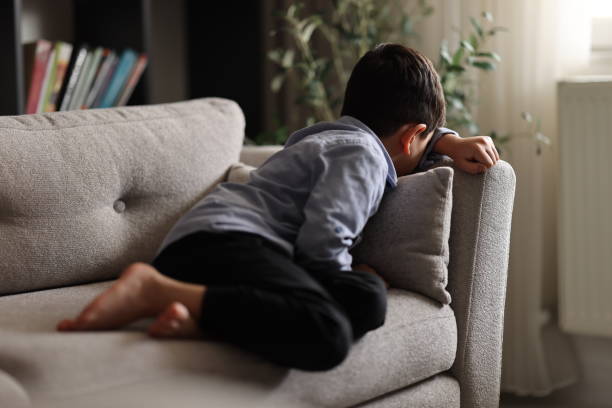
Understanding School Phobia and Warning Signs
This post on School Phobia is written by Victoria Stavropoulos, BS
The new school year is just starting and it is common for many children to feel reluctant to end their summer break. However, some children may experience anxiety at the thought of returning to school, and some may even become physically ill.
School phobia, or school refusal, is often associated with anxiety disorders in children and teens. School phobia isn’t just about a child not wanting to go to school; it’s an overwhelming fear that can manifest in physical and emotional symptoms. To help support your child through their school-based anxiety, it is important to understand the potential causes and warning signs to look out for.

Possible Causes of School Phobias
There is no clear cause of school phobias. However, events at home or school can contribute to a child or teen’s anxiety about school. Children may develop a school phobia after experiencing:
- Academic pressure at home or in school
- Bullying or teasing from peers
- Fear of criticism or embarrassment from a teacher
- Learning disabilities, including dyslexia or dyscalculia
- Significant family changes, such as financial or food instability, moves, divorce, or death
- Intense fear or worry about traumatic events, including school shootings or natural disasters.

Warning Signs of School Phobias
Identifying school phobia early is crucial to providing timely support. Here are common signs to look for:
- Children with school phobias may experience physical symptoms including:
- Diarrhea
- Headaches
- Nausea and vomiting
- Stomachaches, especially in the mornings before school.
- Avoidance behaviors including:
- Refusal to get out of bed
- Missing the bus
- Hiding when it is time to go to school
- Changes in mood or behavior including:
- Anxiety or irritability
- Tantrums
- Tearfulness
- Nightmares the nights before school days
How to Help A Child with School Phobia
If your child or teen is exhibiting signs of school phobia, there are several options to help them:
- Open Dialogue:
- Help your child or teen feel heard by having an open dialogue about their fears and concerns.
- Identify Triggers:
- Talk to your child, their teachers, and a counselor to determine the underlying cause of the school avoidance and anxiety.
- Seek Professional Support:
- Involving a mental health professional, such as a child psychologist, can provide helpful support. Cognitive-behavioral therapy (CBT) is often effective in helping children manage anxiety and develop coping skills.
- Gradual Exposure:
- Slowly introduce the idea of attending school by visiting the building during off-hours or spending a shorter time in the classroom.
- Involve the School:
- Collaborate with teachers and school counselors to create a supportive environment for your child.
School phobia can be stressful for children and their families, but early intervention can help your child overcome their anxiety. If you spot warning signs that your child or teen may be experiencing a school phobia, you are not alone. It is important to contact a mental health professional to help your child receive the support they need to feel safe at home and school.
In Summary ...
School phobia is common for children and teens with anxiety disorders. It is more than your child just not wanting to go to school, but an overwhelming fear that can manifest in physical and emotional symptoms.
As the new school year begins, anxiety around returning to school could cause school phobia or refusal.
Understanding the causes and warning signs, as well as how to help a student with school phobia, can help to relieve your child’s anxiety and help them feel prepared for the new year.
Check out our other popular blog posts:
